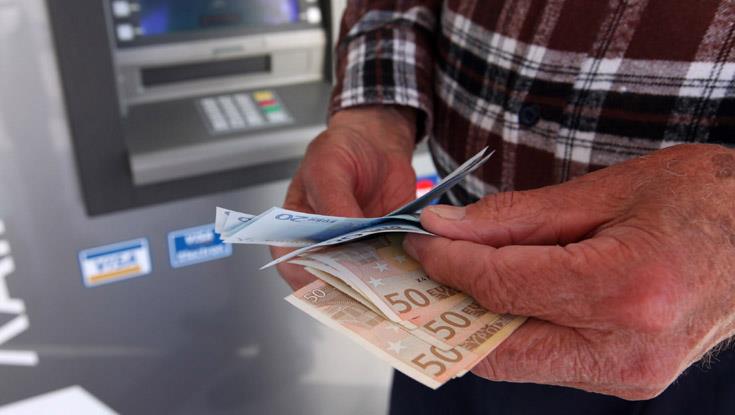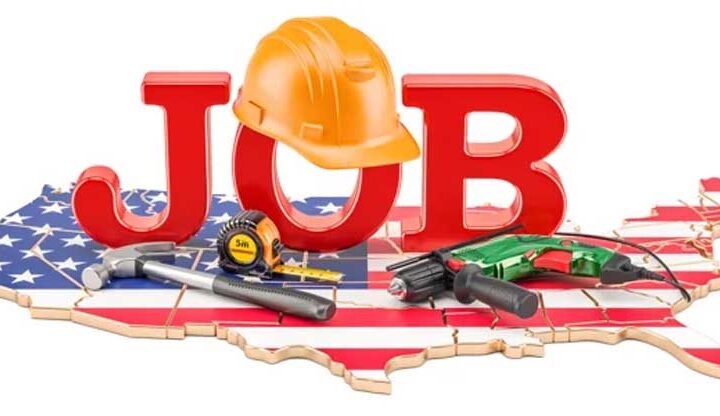Economists welcome the introduction of the national minimum wage of €940 as reasonable, while businesses will benefit in the long run from any increase in their payroll.
In comments to the Cyprus News Agency, Economist Marios Christou said setting a minimum wage above the lowest salaries paid was something that had to be done.
Noting concerns of both labour unions and employers, Christou said: “In some ways, the amount set is fair. It could have been higher, but then the pressure on businesses might have been too high”.
Christou acknowledged this might pressure some employees, as companies may use it as leverage to keep their salaries at the minimum wage level.
“I consider the minimum wage introduced is near to the average given in other European countries, always compared to the average wage in Cyprus.
“The minimum wage will benefit low-income employees and ensure a better living standard.
“This comes at a time when there is high inflation, which is not caused by the increase in demand but by an increase in the cost of production”.
Christou expressed concerns that some employers may try to work around the minimum wage by compensating employees by the hour and not with a monthly salary.
Economist Marios Clerides believes the minimum wage will positively affect the economy overall, as low-income workers will have more purchasing power.
“We should not only consider that the introduction of a minimum wage will increase the operating costs of businesses, impacting profits and competitiveness.
The economy in the long term will be injected with more cash.”
He argued that increasing the purchasing power of low-paid employees positively impacts the economy on a macroeconomic level.
The government decided earlier this week to introduce a national minimum wage from January, set at €940 after six months on the job.
Labour Minister Kyriacos Koushos heralded the decision as a “historic move”.
The minister said the minimum wage resulted from a compromise between the “opposed views of social partners”.
Koushos said that although the decision has been made to introduce the minimum wage via decree, the delay in implementation is to give the economy time to prepare and adjust.
He said about 40,000 people would benefit from implementing a national minimum wage.










